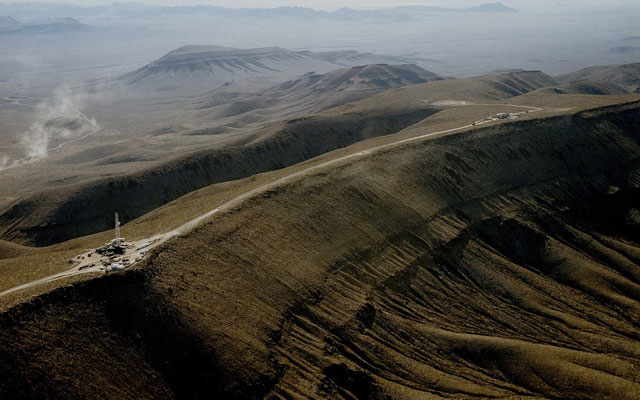Court Decision on Nuclear Waste Fee Offers Chance for Reform
Katie Tubb /
The D.C. Circuit Court delivered a welcome conclusion this week in NARUC v. Department of Energy: The Department of Energy (DOE) cannot charge commercial nuclear power plant operators for a service it doesn’t provide. The decision creates a unique opportunity to fix America’s broken nuclear waste management system.
Since 1982, the DOE has collected a flat fee from commercial nuclear power plants to fund, along with taxpayer dollars, a national repository for nuclear waste and waste disposal services. With over $38.7 billion in payments and interest in the Nuclear Waste Fund and $15 billion spent on the yet-unfinished Yucca Mountain repository, 70,000 tons of nuclear waste still sit waiting to be collected by the DOE. Further, the Obama Administration abandoned Yucca Mountain as the national repository without any credible replacement except a vague plan to have another repository by 2048.
Because of this, last year the court instructed the DOE to justify the fee and determine if it was adequate to cover the cost of nuclear waste disposal. The DOE responded that the cost of disposal was “somewhere between a $2 trillion deficit and a $4.9 trillion surplus.” In other words, the DOE could not determine if the nuclear waste fee was too much or too little, which nearly caused the court to break out in song: “This presentation reminds us of the lawyer’s song in the musical, ‘Chicago’ – ‘Give them the old razzle dazzle.”’
The court yesterday concluded that until the Yucca Mountain project is resumed or Congress rejects Yucca Mountain and directs the DOE to pursue a new plan, the DOE cannot collect fees while trying to figure out how to manage waste.
In its defense before the court, the DOE was closer to the solution to nuclear waste management than it may have realized. The DOE argued that if the nuclear waste fee was not collected, the cost of nuclear waste disposal would fall on future ratepayers. (The government’s inability to manage waste has already cost ratepayers and taxpayers heavily in the form of lost opportunity, lawsuits, and liability payments.)
The common thread connecting every functioning nuclear waste program in the world is that waste producers are responsible for waste management. In the broken U.S. system, Washington is responsible (or, in this case, irresponsible).
Making waste producers responsible for waste management does not mean that the federal government would have no role in nuclear waste—the Nuclear Regulatory Commission, for example, would provide regulatory oversight. It simply removes government from a decision-making process that should reside solely with the private sector.
Such a system would allow utilities to internalize the actual costs of waste management and build business models that include those costs, creating strong incentives to pursue economical waste management solutions that meet customers’ needs and government safety standards.
The government has spent enough time and tax dollars experimenting with federal management of nuclear waste. It’s time to do what we know works: transfer responsibility for waste management to waste producers.

